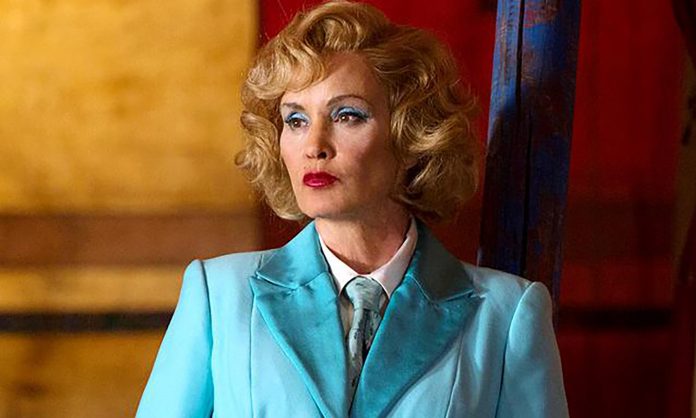In an article for The Writer, Melissa Hart interviews three horror writers to discuss the psychology behind their creations.
L. Marie Wood
Wood likes the flexibility of the genre. “I can write about vampires and blood, or about Frankenstein, or a zombie apocalypse,” she says. “Using psychological horror, I write murder mysteries, or add something supernatural, or write dark romance.” Horror also pairs well with other genres and its tropes are fun to play with.
In psychological horror, Wood finds an emotional connection between characters and between her characters and readers, because much of the conflict is internal. “The horror isn’t necessarily an outward terror like a vampire or a murderer,” she explains. “It’s, ‘Am I seeing that shadow? Is it just a shadow, or is it something else?'”
Wood also says writers should research emotional reactions, to incorporate human behavior responses into their work. For example, when a human experiences rejection, they also feel physical effects. “If you’ve researched some of the symptoms of feeling rejected, you can use them and understand why the character is experiencing them,” Wood says. “And then the conversation between those two characters will be deeper.”
Kevin J. Wetmore
Kevin Wetmore says horror is inextricably linked to its times. For example, after 9/11, there was an explosion of found-footage horror films. “Why? Because most of us experienced 9/11 as found footage,” he explains. “We had the shaky camera and people running and turning back to see those clouds of debris and smoke coming, and people were screaming as buildings collapsed.”
According to Wetmore, horror is the way we tell ourselves uncomfortable stories about ourselves. It’s also fun. “It appeals to some people because it’s a more magical world in which the worst thing you have to worry about is that a house is haunted,” he explains. “Better than worrying about how the fundamental structures of democracy are crumbling in front of us. Let’s go watch Poltergeist because at least the family gets out.”
Dani Dixon
Dani Dixon also says horror blends well with other genres. “You can have a horror setting, and if you add a little bit of romance, it’s sweeter,” she says. “If you add some jokes, it’s funnier.” Dixon enjoys using children as protagonists in her stories, similar to the characters in Grimms’ Fairy Tales. “Those stories come down to basic decisions that characters have to make in a critical moment as a way of creating potentially horrifying situations and survival or death,” she says. “Do you walk down this path or not? Do you go into the house of candy or not? Do you use your powers for good or not?”
According to Dixon, one of the keys to horror writing is capturing the mundane and familiar, and combining it with the unfamiliar. “If I had a water bottle and made a movie about water bottles that move 1 inch but only on Tuesdays, you’d wonder what’s behind that,” she says. “Is it a ghost? Is it aliens? What’s going on? Give your audience something tangible and familiar, and then make it unsafe. That’s where the horror starts, and then you can tell the rest of your story.”












